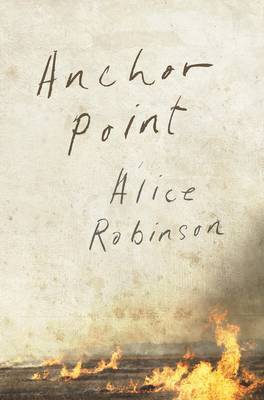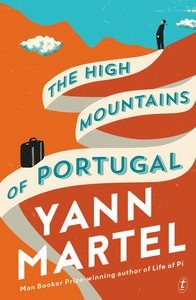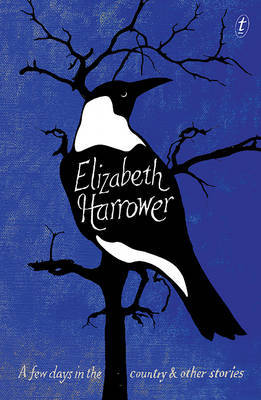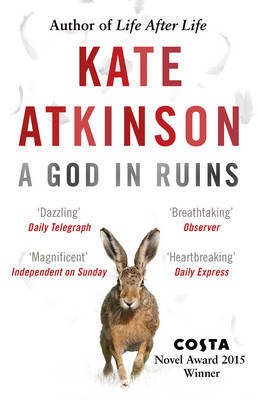 10 year old Laura lives in the Australian bush with her sister, father and mother. However, after her mother vanishes on a trip to retrieve clay for her pottery, Laura makes a snap decision that will ensure she is never found. This decision haunts Laura for the next four decades as she desperately tries to hold her family together, help her father tame the harsh land and find her place in the world. Robinson beautifully and eloquently portrays the intricacy of familial relationships, and it isn’t hard at all to understand Laura’s determination to keep the peace.
10 year old Laura lives in the Australian bush with her sister, father and mother. However, after her mother vanishes on a trip to retrieve clay for her pottery, Laura makes a snap decision that will ensure she is never found. This decision haunts Laura for the next four decades as she desperately tries to hold her family together, help her father tame the harsh land and find her place in the world. Robinson beautifully and eloquently portrays the intricacy of familial relationships, and it isn’t hard at all to understand Laura’s determination to keep the peace.
Robinson also paints a painfully honest picture of rural Australia. The terrain is beautiful but untameable and fire and flood both shape the landscape to the extent that it is almost a character in itself. This is the harsh reality for many Australians living in rural areas that are dependent on the unpredictable and unforgiving environment, especially farmers such as Laura’s father.
I was first made aware of Alice Robinson through her cousin, a family friend, who was unable to find a copy of the novel in Hobart. However, while I may not have expected much at first, I was pleasantly surprised by the fresh Australian voice. Robinson is an excellent example of the promising work stemming from debut female Australian authors. Her writing style lyrical and poetic and her protagonist’s quest – for her place in the world, her ‘anchor point’ – is universally shared.
-Alex












